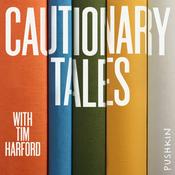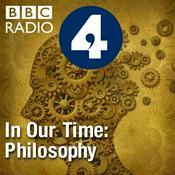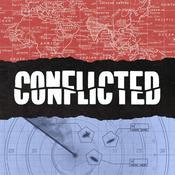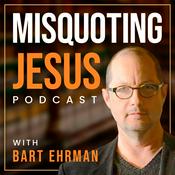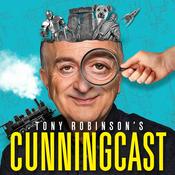53 episodes
- How post-war finance remade Europe.
In this episode, host Carmen Hofmann speaks with historian Tobias Straumann about his book Hitler’s Debt and the financial decisions that shaped Europe’s post-war recovery.
We explore how settling Hitler’s unresolved debts, the 1953 London Debt Agreement, and bold U.S. policy choices helped turn a devastated continent into the “economic miracle” of the 1950s. Straumann explains why debt relief strengthened democracy, how leaders like Adenauer, Acheson, Schuman, Ben-Gurion and Sharett navigated moral and political dilemmas, and what the German case can teach us about today’s global debt crises.
A concise look at how financial strategy, diplomacy, and compromise built the foundations of modern Europe — and why those foundations matter now more than ever. - Hugo Bänziger (Chairman of eabh) and Manfred Pohl (founder of eabh) come together for a rare conversation between two of the most experienced banking historians. They explore key milestones in Germany’s financial history after World War II, highlighting the crucial role of rebuilding the financial system as the foundation for national recovery.
Their discussion also uncovers historical patterns—from the strategic eastward moves of emperors to Western Europe’s enduring quest for oil. Both experts emphasize a central point: just as nations must confront their histories—whether bright or dark—so too must companies face their past with honesty and precision if they wish to build a credible future.
🎧 Tune in (in German) for this unparalleled insight into finance, history, and memory. - Capital Matters: Banking, Risk, and History
In this episode, Carmen Hofmann (eabh) speaks with Simon Amrein (Lucerne) about the role of capital in banking—past and present.
They explore how banks have historically been funded, whether excessive leverage has made them fragile, and whether more capital really makes banks safer. The conversation touches on the functions and forms of capital, the trade-offs between safety and efficiency, and how capital helps prevent bank runs. They also reflect on how the post-WWII effort to rebuild economies reshaped global attitudes toward financial risk and regulation. - In this episode of 'Finance and History', Hugo Bänziger talks to Olli Rehn, Governor of the Bank of Finland, at the eabh annual conference. Together, they unpack the euro’s historic roots, from the Latin Monetary Union to today’s Economic and Monetary Union. Rehn shares insider insights on the euro’s creation, its crises, and the lessons learned along the way. The conversation also tackles central bank evolution, fiscal discipline, and Europe’s unfinished integration journey. An engaging deep dive into the intersection of financial history and contemporary policy challenges.
- In this episode, we dive into how rising populism is reshaping capitalism and democracy. With Stefan Hofrichter (AllianzGI) Hans-Jörg Naumer (Allianz GI)—authors of Capitalism, Populism and Democracy— and Carmen Hofmann (eabh) we unpack the economic roots of today’s populist surge, its historical parallels, and what it means for markets, growth, and inequality.
They connect past crises to current trends, revealing how financial history helps unpack the impact of past populist regimes on economic growth and investor behavior—lessons that matter now more than ever.
More History podcasts
Trending History podcasts
About Finance & History
The eabh Podcast. Looking for precedents from the exciting world of financial history. We follow money through time and space. We encourage independent research, encourage open debate and value archives. Follow us on: www.bankinghistory.org
Read less
Podcast websiteListen to Finance & History, The Rest Is History and many other podcasts from around the world with the radio.net app

Get the free radio.net app
- Stations and podcasts to bookmark
- Stream via Wi-Fi or Bluetooth
- Supports Carplay & Android Auto
- Many other app features
Get the free radio.net app
- Stations and podcasts to bookmark
- Stream via Wi-Fi or Bluetooth
- Supports Carplay & Android Auto
- Many other app features


Finance & History
Scan code,
download the app,
start listening.
download the app,
start listening.




